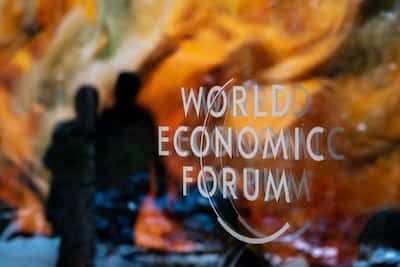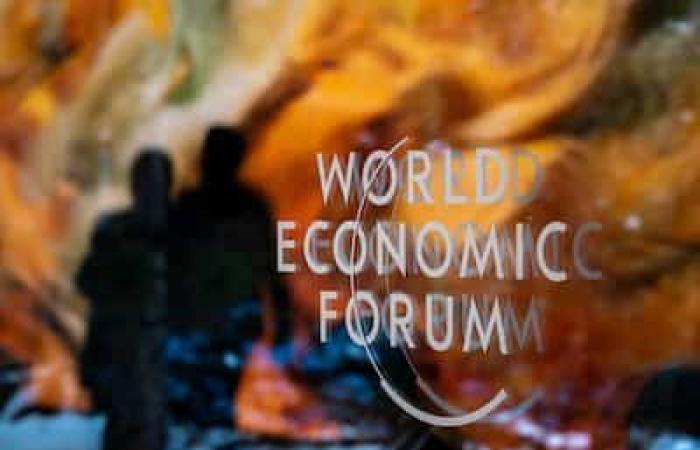A few hours before Donald Trump’s return to the White House, Quebec Minister of Economy, Innovation and Energy, Christine Fréchette, took stock with The Journal on how to respond to the impetuous president.
• Also read: Foreign investments in Quebec “on pause” in the face of the Trump threat
• Also read: Ottawa’s first response will be tariffs on $37 billion in US imports
Q: Are you ready for Donald Trump?
A: In government, we have been preparing lots of scenarios for months. We increased our presence in the United States because we knew there was a new administration coming. And for several weeks, we have been preparing even more closely, in particular by consulting businesses. We are eight ministers involved in the strategy with the Prime Minister. But we should not react based on messages on social networks or statements. We want to see what the actions will be.
Q: What could be the impact of 25% customs tariffs and the Canadian response for the Quebec economy?
A: Of course our plan A is that there are no tariffs. This is what we work on when we interact with the Americans. If they moved forward with tariffs, there would be impacts here, but also in the United States. They are the ones who would find themselves paying the largest share of the prices. We are essential for a large number of sectors in the United States, so it would be difficult for them to do without us, especially since they want to distance themselves from China. In the event that tariffs of 25% are imposed, there is no doubt that the potential for damage is very significant in Quebec. It is estimated that around 100,000 jobs could be affected. There are 10,000 Quebec companies that export to the United States. But we will be there if there is a trade war and our businesses suffer.
Photo Agence QMI, Roger Gagnon
Q: Could you put in place an aid plan like the one launched at the start of the COVID-19 pandemic?
A: It’s definitely something we’ll draw inspiration from. But in 2020, we were in an extraordinary situation, there was a complete shutdown of the activities of the majority of companies. If there is a tariff war, businesses are not going to stop operating. So we can’t just copy and paste. But it gives us an idea of the type of intervention that we could consider if we were in a critical situation. It will still be possible to export to the United States, but our products will be more expensive. So, will it be our businesses themselves that will absorb the increase, American customers, or will it be shared? This is what we are currently analyzing, sector by sector. Our help will depend on what happens on the ground.
Q: Could Quebecers participate in the effort by stopping buying American products or going to Florida?
A: For weeks, I’ve been telling companies to use their networks to get our message out. There’s nothing like an American to convince another American. But Quebecers are free to go on vacation wherever they want. I think that de facto, there are some who will feel solidarity [et modifier leurs achats].
Photo Marie Poupart
Q: Why is the government so hesitant to block the export of electricity to the United States?
A: It is certain that there is an element of risk in using energy. Our export contracts are not yet in force; we are in the process of building the interconnection links. We’re not excluding anything. There is still the short-term market that we can use. Would it have the desired impact? It is not necessarily obvious that it could be perceived very clearly by the Americans. Everything is on the table, but at the same time, we keep our cards close to us. It’s important that there be a bit of a surprise effect if we have to take retaliation.
Q: Would you agree to limit the electricity rate increases planned for April to help our businesses?
A: This is a reflection that we said we needed to make after the arrival of President Trump. It is important for us to understand the framework within which we will have to maneuver if tariffs were to be imposed.

Photo AFP
Q: You will attend the economic summit in Davos, Switzerland, next week. Wouldn’t it have been better to stay here to face the first decrees of the Trump administration?
A: We need to diversify our export markets and that involves meetings with American and European companies, like the ones I will have in Davos. It was important for me to shorten my Davos mission by two days because I want to be here when Trump arrives at the White House and see if he follows through on his threats. But I’m going to be on the lookout all week.
Q: Concerning the battery sector, could the government have done things differently to avoid fiascos like those of Lion Électrique and Northvolt?
A: Risk-free projects in the economic field do not exist. We want to position ourselves in an emerging market that was expanding at high speed and now at a slightly slower speed. It is not clear that we could have done things differently to avoid any risk. We have several projects that are going well in the battery sector and in Bécancour, things are currently taking off. There is even industrial tourism which was set up a few months ago to respond to the curiosity of people who go there. There are around twenty projects in progress and around a hundred companies with which my ministry is in discussions.
The content of the interview has been condensed.
Do you have any information to share with us about this story?
Write to us at or call us directly at 1 800-63SCOOP.





